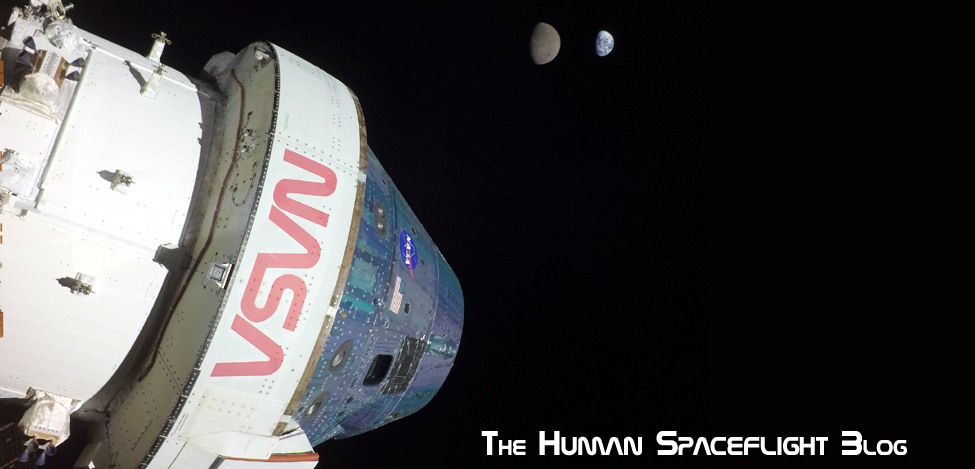ANDROIDS... This September, NASA is planning to launch a 'special' crewmember up to the International Space Station (ISS) during the STS-133 shuttle flight. This crewmember, known as Robonaut 2—or "R2" for short—is designed to assist the ISS’ human crewmates by conducting daily chores such as setting up science experiments and wielding tools to conduct repairs. Click here for more details.
Robonaut 2 won’t initially be given free run of the ISS...but eventually, NASA plans to have R2 use its hands to move about the orbital outpost the same way astronauts push and pull their way through the ship’s interior.
...
I expect Robonaut 2 to somehow take over the space station, HAL 9000-from-2001: A Space Odyssey-style, by this Christmas.
All images courtesy of NASA / General Motors
